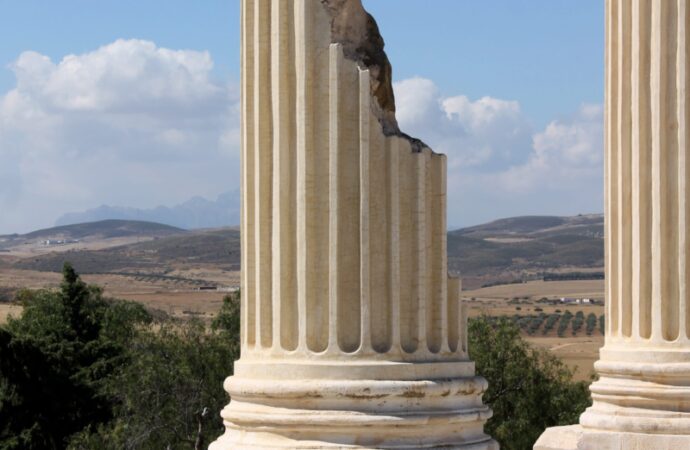A recent report of the National Assessment of Educational Progress revealed a dramatic fall in history test scores among eighth graders. Given all the discussions and concerns about the health of our democracy, the decline of historical knowledge among young people seems particularly alarming. An ignorance of the nation’s democratic history clearly imperils the ability of the citizenry to maintain and energize its future democracy.
Despite the obvious connection between historical knowledge and future democratic vitality, the report attracted almost no attention from the mainstream media or education groups. The politicians who frequently advocate for more resources devoted to public education were noticeably silent on the report.
One explanation for this silence might well be a defensiveness—a fear that the report demonstrates the failures of public education in the United States. But another explanation might be that the silence arises from a much more fundamental source.
History has come to occupy, on its own, a foundational political role. In a way, the role and value of history marks the basic distinction between modern political liberalism and conservatism. Indeed, many of the current political battles stem from the divergent views on history.
Modern political conservatism rests on Burke’s belief in history and tradition. To Burke, the task of conservatism was to preserve and perpetuate society’s core institutions and values. History thus provides an essential foundation of conservatism, which views the duty of the political process to protect this foundation.
A consistent trait of modern liberalism, on the other hand, is an indifference or even antagonism to history. Increasingly, the liberal agenda seeks to undermine and discredit historical traditions, values and identity. Same-sex marriage was not just about expanding the government benefits of marriage; it was about eliminating a historically longstanding cultural institution. Advocating for trans rights is not just about expanding individual freedom; it is about eliminating one of the most steadfast historical categorizations. Facilitating open borders and illegal immigration is not just about opening America to people in need; it is more basically about discrediting the most historic identifier of nationhood. Opposing work requirements is not just about expanding welfare benefits; it is about eroding the historic role and importance of work. Pushing the gay rights agenda over religious liberty concerns is not just about equality; it is about weakening the historically most prominent nongovernmental institution in society. The left’s dismissal of patriotism is not just about achieving a more internationalist viewpoint; it is really about denigrating the history and value of the nation-state. Even the campaign to defund police departments is not just about reforming criminal justice systems; it is about dismantling a civic institution that has historically characterized developed societies.
Therefore, the decline of history test scores becomes irrelevant to liberal concerns. In fact, such a decline might even constitute a deliberate design. The erosion of historical knowledge is a necessary prerequisite to the construction of the new society evidently desired by modern liberalism.
The conflicting views on history, between liberals and conservatives, has long been apparent in the field of constitutional law. While conservatives advocate an original meaning approach to constitutional interpretation, relying on the historic meaning of the Constitution, liberals argue for the judicial embrace of a “living Constitution,” under which constitutional provisions are interpreted not according to historic meaning but to the fluctuating needs and concerns of contemporary society. But this living Constitution can only be fully embraced if the value and role of history is downgraded. Consequently, as with much of the current liberal agenda, an erosion of history is the first necessary step to the left’s transformation of the foundations of culture and society—a transformation that sees an ahistorical all-powerful government replacing all other traditional civic institutions.
—
Republished courtesy of the Imaginative Conservative.
Image credit: PxFuel
















Leave a Comment
Your email address will not be published. Required fields are marked with *